2022 Summer Institute Participants
Guadalupe Arellanes Castro
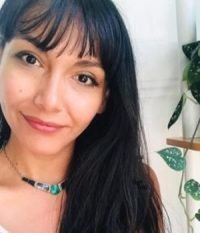
Guadalupe Arellanes Castro (she/ella) is a first-generation college graduate and child of immigrants pursuing a Ph.D. in Ethnic Studies at the University of California, Riverside. Her current research focuses on environmental justice, abolition, kinship networks, and migration. She earned an M.A. in Latin American Studies and a B.A. in Women’s, Gender, and Sexuality Studies. Her master’s thesis titled “Dark Skinned and Disposable” was an intersectional feminist exploration of the role of ethnoracism, neoliberalism, and misogyny in the murders of women in Ciudad Juárez, Chihuahua. Her current research details how the environment structures migration and how immigrants theorize the environment to advocate for environmental justice that connects with their ancestral, communal, and embodied knowledges.
Aldo M. Barrita
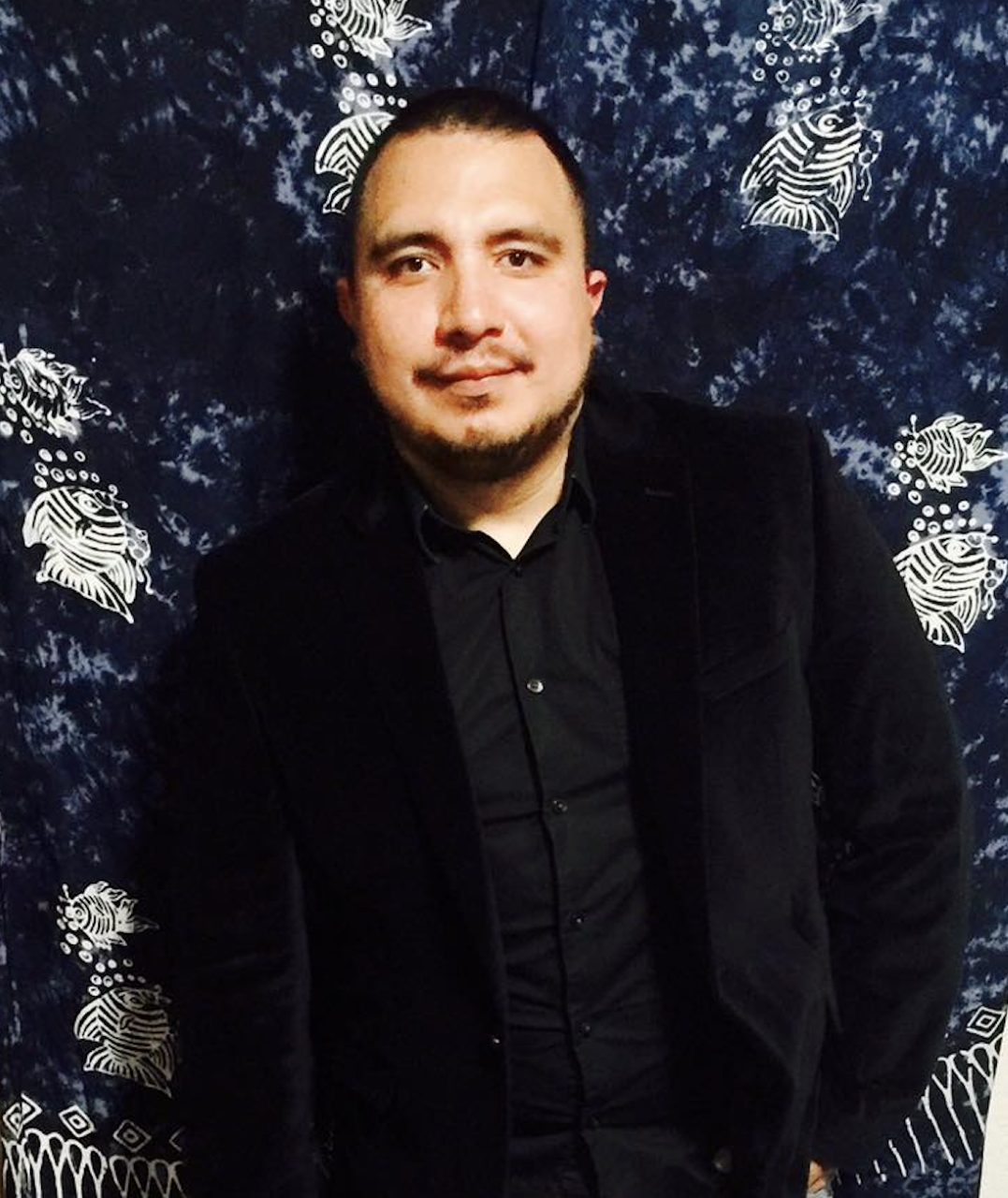
Aldo M. Barrita, M.A. (he/his/él) is a queer Mexican immigrant, doctoral student in his 3rd year at the Psychological and Brain Sciences Ph.D. Program at the University of Nevada, Las Vegas (UNLV). He received his B.A. in Psychology from the University of California, Berkeley in 2017 and a Master’s in Psychology at UNLV in 2019. His research interests include how different forms of discrimination, primarily microaggressions, psychologically impact marginalized individuals, particularly Latinx & LGBTQ+. For his thesis, Aldo developed a novel quantitative measure for racial microaggressions within the context of immigration status. Barrita currently serves as Student Representative for the National Latinx Psychology Association (NLPA). He recently received the NLPA President Citation in 2020 and the NLPA Distinguished Service Award in 2021 for his scholarship, leadership, and service. He also serves as Elect-Student Chair for APA Division 52 International Psychology in 2022.
Eliana Buenrostro
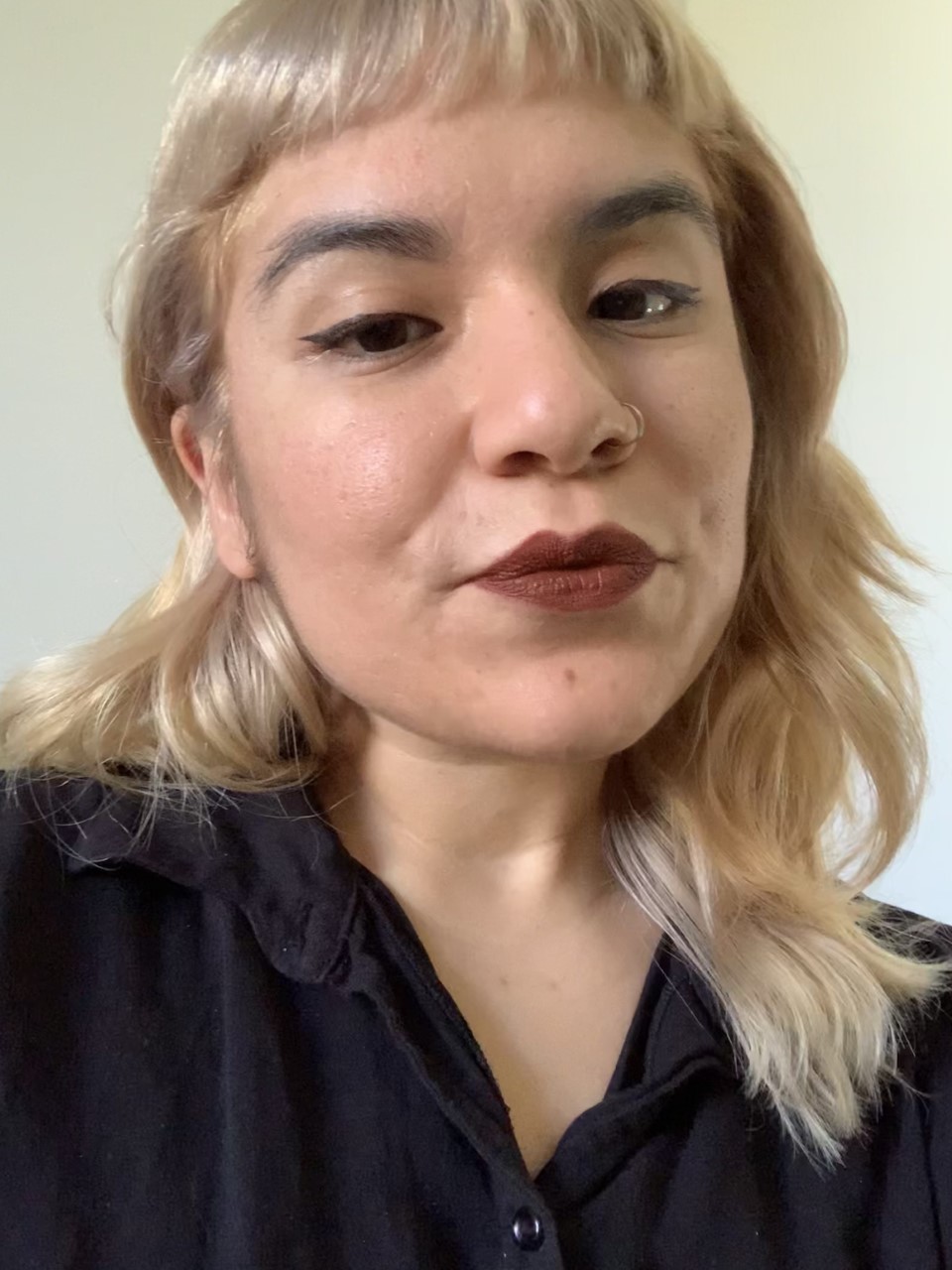
Eliana Buenrostro is a doctoral student at the University of California, Riverside in the Department of Ethnic Studies. She received her master’s in Latin American and Latino Studies from the University of Illinois at Chicago in 2020. Her M.A. paper titled “Destined to Fuck Up: Los Illegals, Chicano Punk, and the Immigration Art and Politics of 1980s Los Angeles” uses oral history to recount the activist cultural production of the Chicano punk band Los Illegals, during a period of mass deportations in the United States. Her current research looks at the criminalization, immigration, and deportation of Chicanos and Latinos through the lens of music and other forms of cultural production.
Jayson Castillo

Jayson Castillo is a proud native New Yorker of Dominican and Salvadoran descent and a third-year doctoral student in the department of Urban Education at the CUNY Graduate Center. As a youngster, Jayson attended Elementary school in the Bronx with his three older brothers, where they each learned English through the school’s Transitional Bilingual Education program. It was those experiences, as a linguistically minoritized student from a low-income family, that drove him to, many years later, become a NYC public-school teacher working with special needs and bilingual student populations. Today, as a scholar, Jayson is interested in the educational experiences of Dominican/Latino students and their communities, especially as they intersect with cultural, linguistic, and transnational practices.
Ricardo Martin Coloma
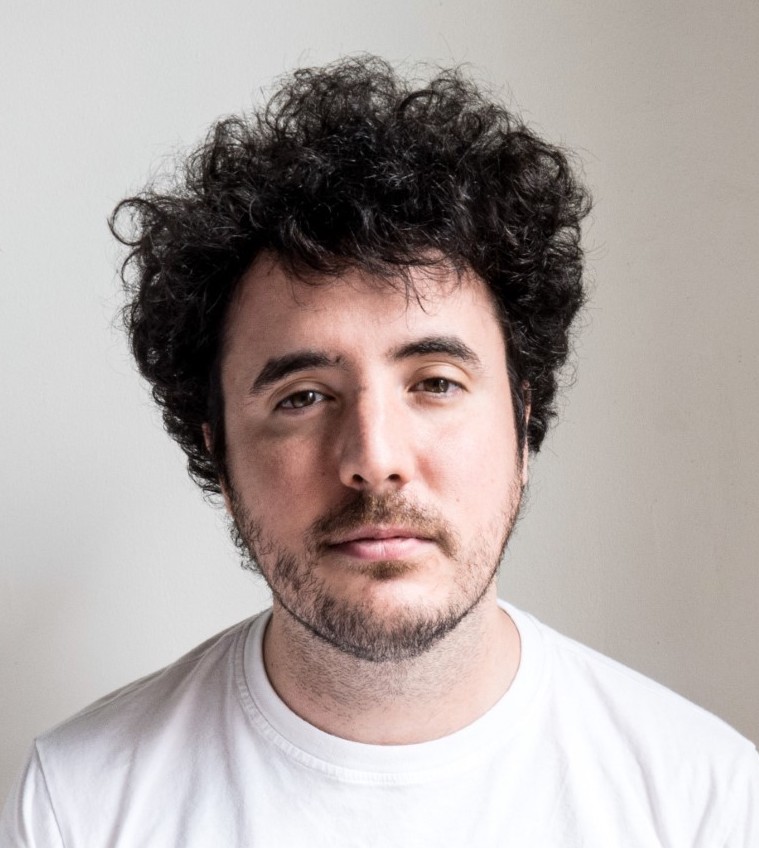
Ricardo Martin Coloma is a Ph.D. Student in Latin American, Iberian, and Latino Cultures (LAILAC) at the Graduate Center (CUNY) interested in gentrification and contemporary diasporic fiction. He received a B.Arch.+ M.Arch. (Arquitecto Superior) from Universidad Francisco de Vitoria in Madrid and an MA in Spanish/Latin-American Literature from Universidad de Barcelona. His research interests include literary cartographies, utopian thinking in the age of globalization, spatial literary studies, performance studies, diaspora cultures, migration studies, and Barrio urbanism.
Jennifer D. Figueroa

Jennifer D. Figueroa grew up in Oxnard, California, with family roots in Guerrero’s Costa Chica. She is a Ph.D. student at the University of California, Santa Cruz, in the Latin American and Latino Studies department. Jennifer is a former middle school bilingual teacher in Ventura County. She centers parent/family participation and advocacy to attain educational justice for Chicanx/Latinx students. Her research examines how Latinx parents and families have historically intervened through litigation in favor of Chicanx/Latinx students. Her investigation challenges the label of apathetic Latinx immigrant parents and investigates why it is still part of the narrative in conversations about parent participation in schools.
José Manuel Flores
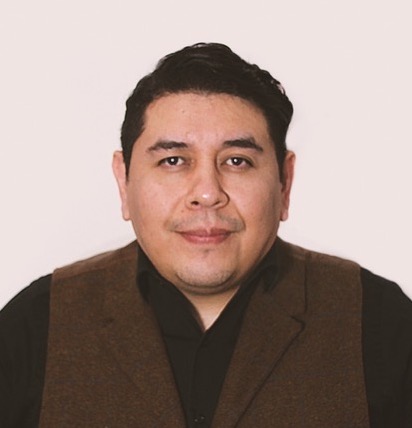
José Manuel Flores is a Ph.D. student in the Rhetoric and Composition Program at The University of Texas at El Paso. He holds an M. A in Studies and Creative Processes in Art and Design. He is a Mexican Latino born and raised on the border between Juárez-El Paso. His interest as a researcher focuses on Sound Studies, and the intersections between soundscapes, philosophy and Cultural and Latino Studies from a disciplinary posture of rhetoric. To inquiry the social dynamic and symbolic constructions that result from cultural-aesthetic exchanges in the border Latino community, he is interested in studying the socio-cultural border phenomenon through the study of sounds and how it contributes to the historical heritage of the region.
Gustavo Garcia
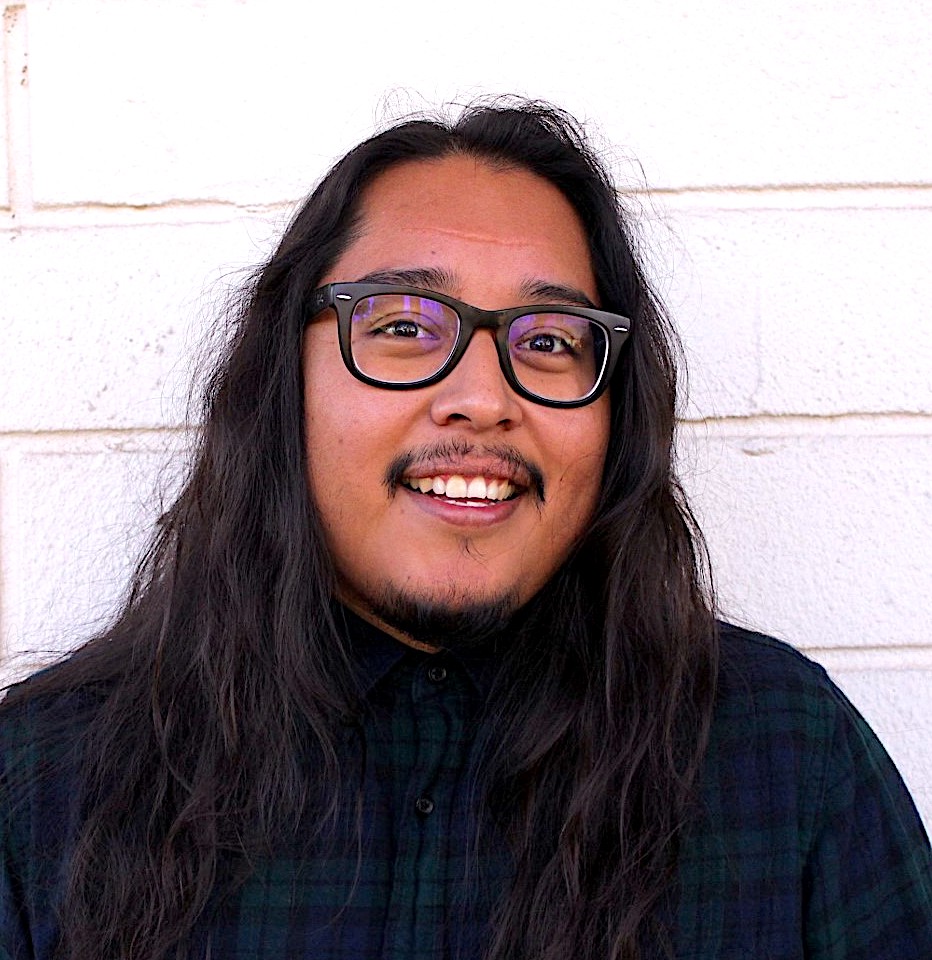
Gustavo García was born and raised in Los Angeles, California. His family migrated from a Zapotec community in the Valles Centrales of Oaxaca. He is the first and only one in his family to continue with higher education. He holds an AA in Social and Behavioral Sciences from Santa Monica College and a BA as double major in Chicana/o Studies and American Indian Studies from the University of California Los Angeles. After receiving an MA in American Studies at the University of New Mexico, he joined the inaugural Ph.D. cohort of Chicana/o Studies. His research interests include Mexican and Latin America racial formations of indigeneity, mestizaje, and blackness; Indigenous displacement and migration; cultural productions as social movements; and transformative practices in higher education. Garcia is also part of the Chicanx World Making and Futurities Project, which uses multimedia platforms like blogging, podcasting, and zines to disseminate expressions of dissent and worldmaking!
Mario Alberto Gómez-Zamora
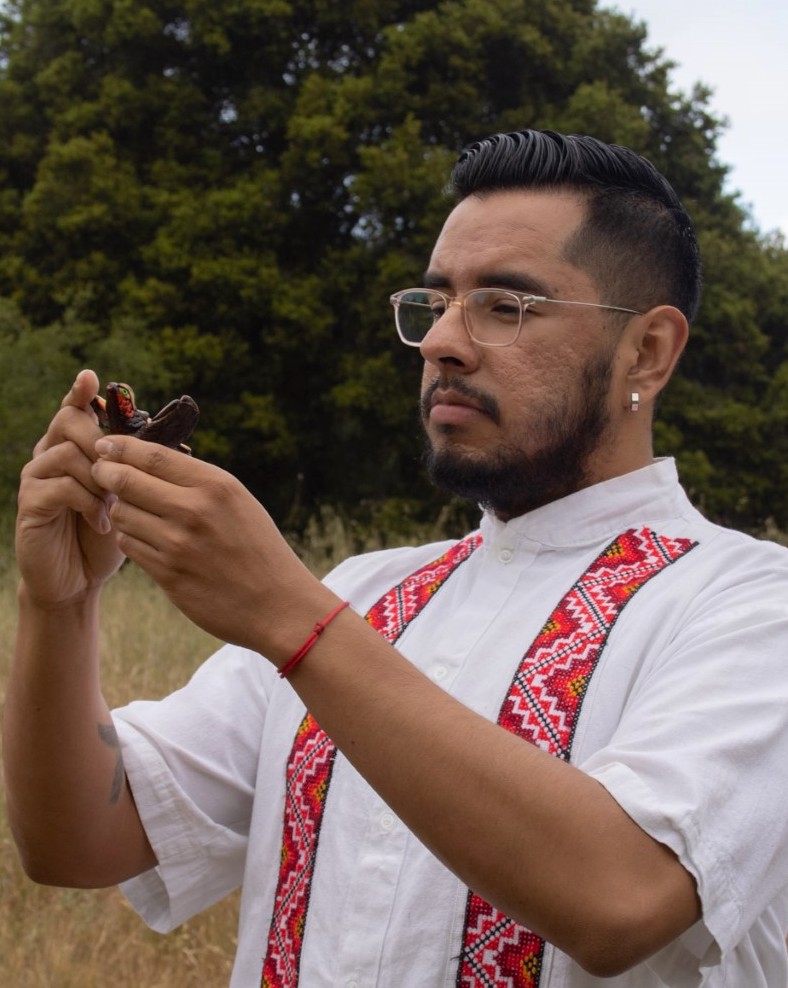
Maria Gutiérrez Gómez

Maria Gutiérrez Gómez is a second-year Ph.D. candidate at the Hispanic Studies Department at the University of California – Riverside. María received her BA in Spanish Linguistics from UCR in 2016 and in 2020 she earned her MA from UCR. She was born in Michoacan Mexico and at the age of 14, she had to migrate to the United States. She is a DACA recipient. Maria is a native descendant of the Purepecha community in Michoacan, Mexico but due to their ancestors’ decisions, she lost her culture, language, and traditions. Her research interest is on the attitudes and ideologies toward P’urhepecha native speakers, the microaggressions towards the language, their indigenous and gender identities of the Purepecha community, originally from Michoacan Mexico, and its culture in modern times in Southern California.
Lidia Hernández-Tapia
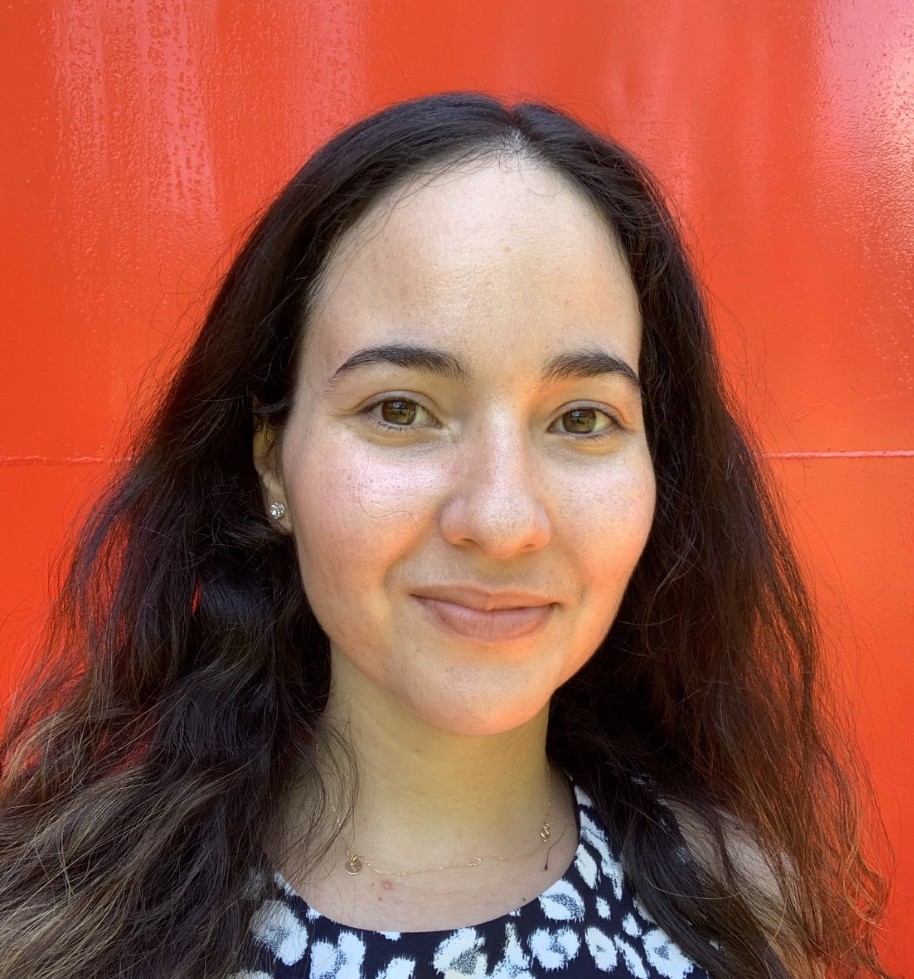
Lidia Hernández-Tapia is a Ph.D. student in Latin American, Iberian, and Latino Cultures at The Graduate Center, CUNY. She holds a master’s degree from the Craig Newmark Graduate School of Journalism at CUNY with a concentration in bilingual (Spanish/English) journalism, as well as a bachelor’s degree in Journalism from the University of Havana. She is a Digital Fellow at the Center for Latin American, the Caribbean and Latino Studies, CLACLS, and a William Randolph Hearst Fellow at the Center on Philanthropy and Civil Society at The Graduate Center, CUNY. Her work has been published in Cuba, the United States, and Germany. Her research interests include 20th and 21st-Century Caribbean literature, Cuban-American diasporas, photography, and visual culture.
Johnny Irizarry Rojas
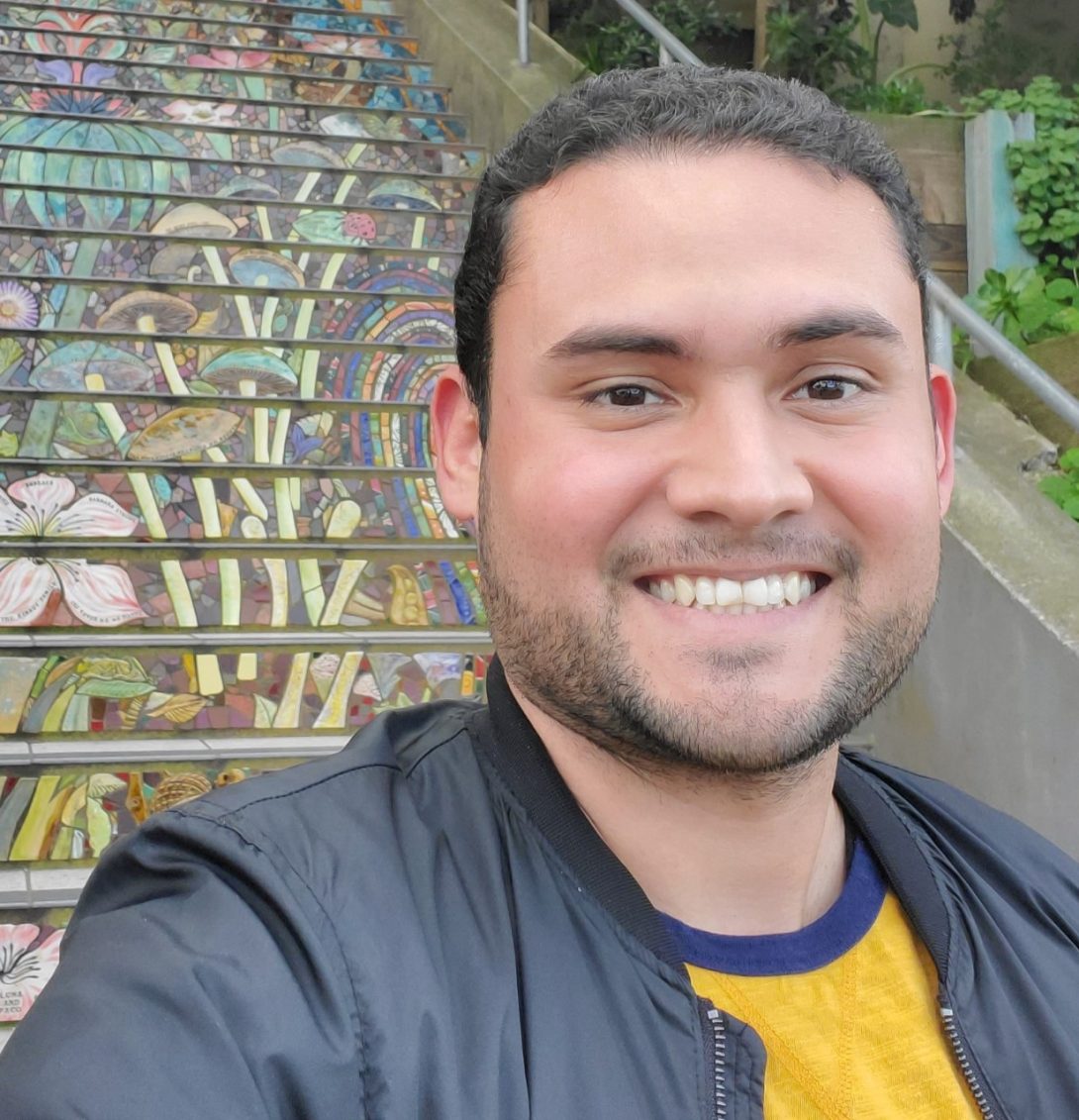
Johnny Irizarry Rojas holds a B.A. in history from the University of Puerto Rico and an M.A. in Caribbean History from the Center of Advanced Studies of Puerto Rico and the Caribbean. His broader interests are colonization, migration, and education, particularly during the Cold War. He is also interested in transnational history and environmental history. His current research explores the development of educational policies that established programs and assigned funding for minority groups, particularly for Latinos at secondary and college levels, from the 1960s to the early 1990s. He is also working on a project with the National Park Service that seeks to identify and provide a broader context of acts of violence against Africans, African Americans, and Afro-Caribbeans.
Ruth Kessa

Ruth Kessa is a Ph.D. student in Public Affairs program at the University of Central Florida. Her research focuses on human impacts on the environment, climate change, natural disasters and emergency management, international organizations’ sustainability economic development programs in Latin America, the Caribbean, and diasporic communities in the United States as well as government collaboration, governance, and community engagement. She received both her master’s in Public Administration and a Bachelor of Science in Environmental Studies and policy from the University of Wisconsin, Oshkosh.
Karla Larrañaga
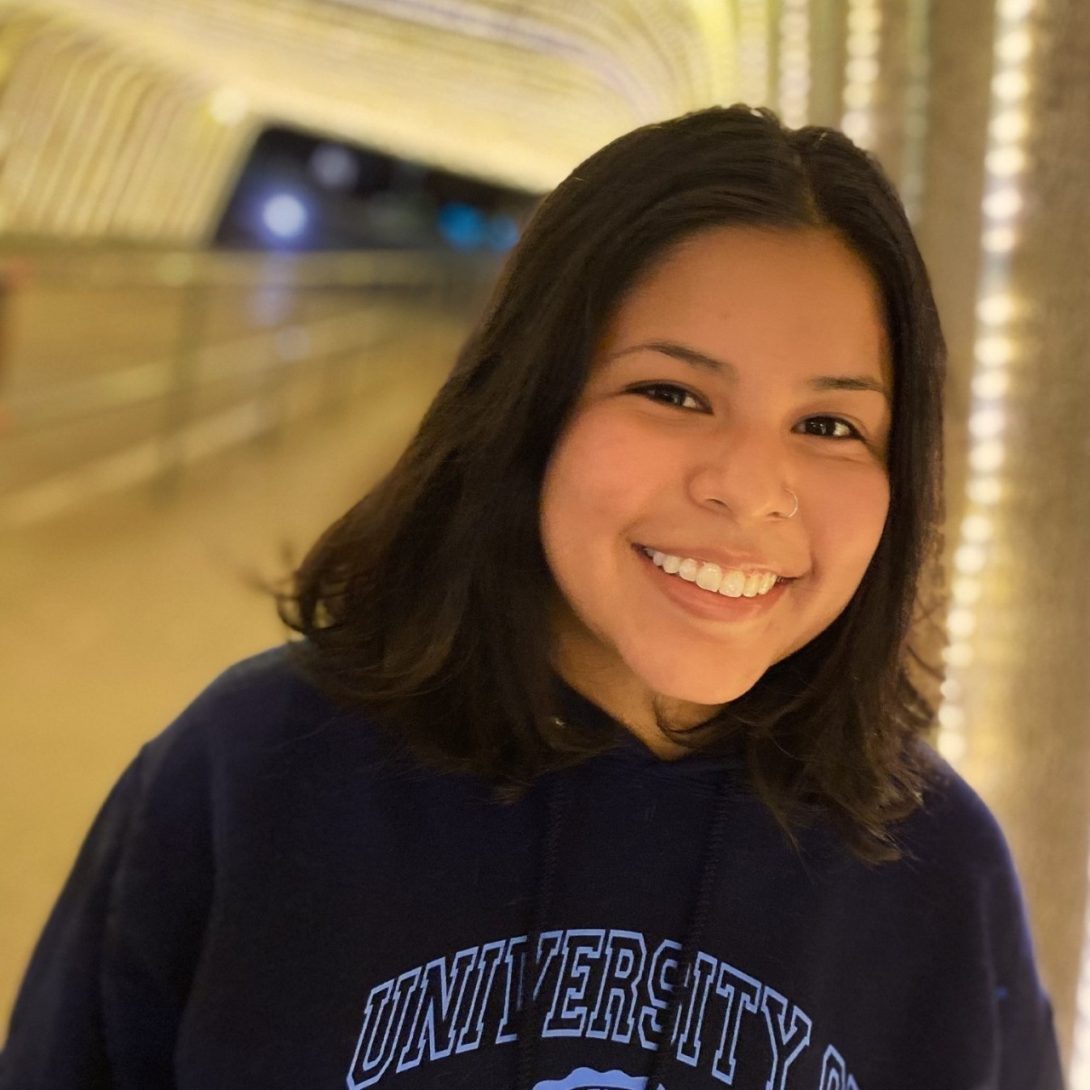
Karla Larrañaga is a first-generation Chicana from Inglewood, California. She received her BA in Chicana/o Studies and Women & Gender Studies from Loyola Marymount University in 2017. She received her Master’s in English with an emphasis in Cultural Studies from Kansas State University in 2019. She is currently a doctoral student in the Chicano Studies Department at the University of California, Santa Barbara. Karla’s proposed research project explores the ways in which community members utilize media technologies to venerate La Virgen de Guadalupe and practice religious rituals. Members of Guadalupana communities create accessible sacred spaces on the internet through social media and another virtual posting. These virtual sacred spaces become digital altars and an archive of memory that defies borders and boundaries associated with able-bodiedness and citizenship status.
Diana J. Lopez
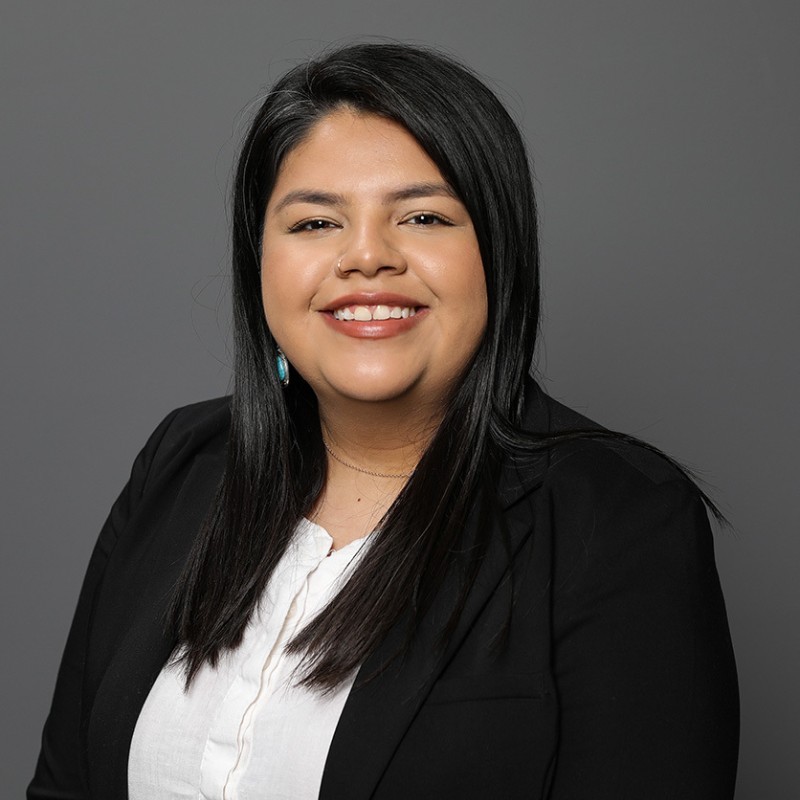
Diana J. Lopez was born in El Paso, Texas and raised in Ciudad Juarez and Sunland Park, New Mexico. She received BA degrees in Psychology, Spanish, and Gender and Sexuality Studies from New Mexico State University. In 2020, she earned an MS in Mexican American Studies from the University of Arizona. Her graduate thesis concentrated on building the existing literature on testimonios of Mexican women, specifically related to identity formations informed by the hyper-militarization of Sunland Park. She works as a research assistant at the Institute of Oral History since 2020 where she focuses on public history. Diana serves as the LBTQ Caucus Representative for the organization, Mujeres Activas en Letras y Cambio Social. Her dissertation topic will explore the historical hyper-violence in border regions experienced by border women.
Gema Ludisaca
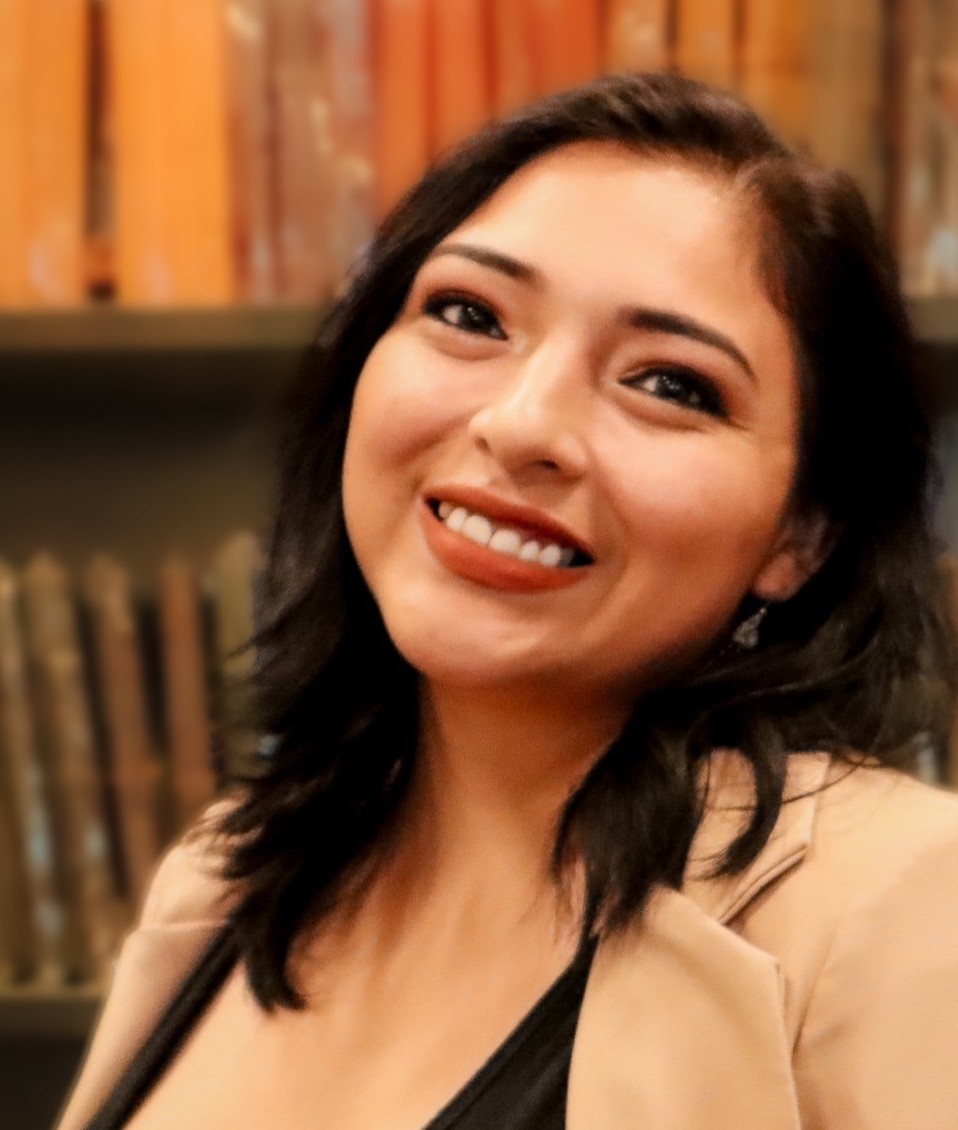
Gema Ludisaca is currently pursuing a Ph.D. in English at the University of California, Irvine. Her areas of research include Contemporary Latinx Literature, Children’s and Young Adult Fiction, Queer Indigeneity, and Gothic/Horror. She is currently working on developing an interdisciplinary project that would consider how indigenous subcultures theorize narratives of identity, construct knowledge, and transform subjectivity within different discursive spaces like literature, digital rhetoric, and performance. Specifically focusing on moments of contradiction—where claims of mestizaje, cultural nationalism, geopolitics, and colonial history collide to create new sites of meaning and understanding—the aim of her work is to emphasize indigenous identity practices within larger discourses on Latinidad.
Jeannette Martinez
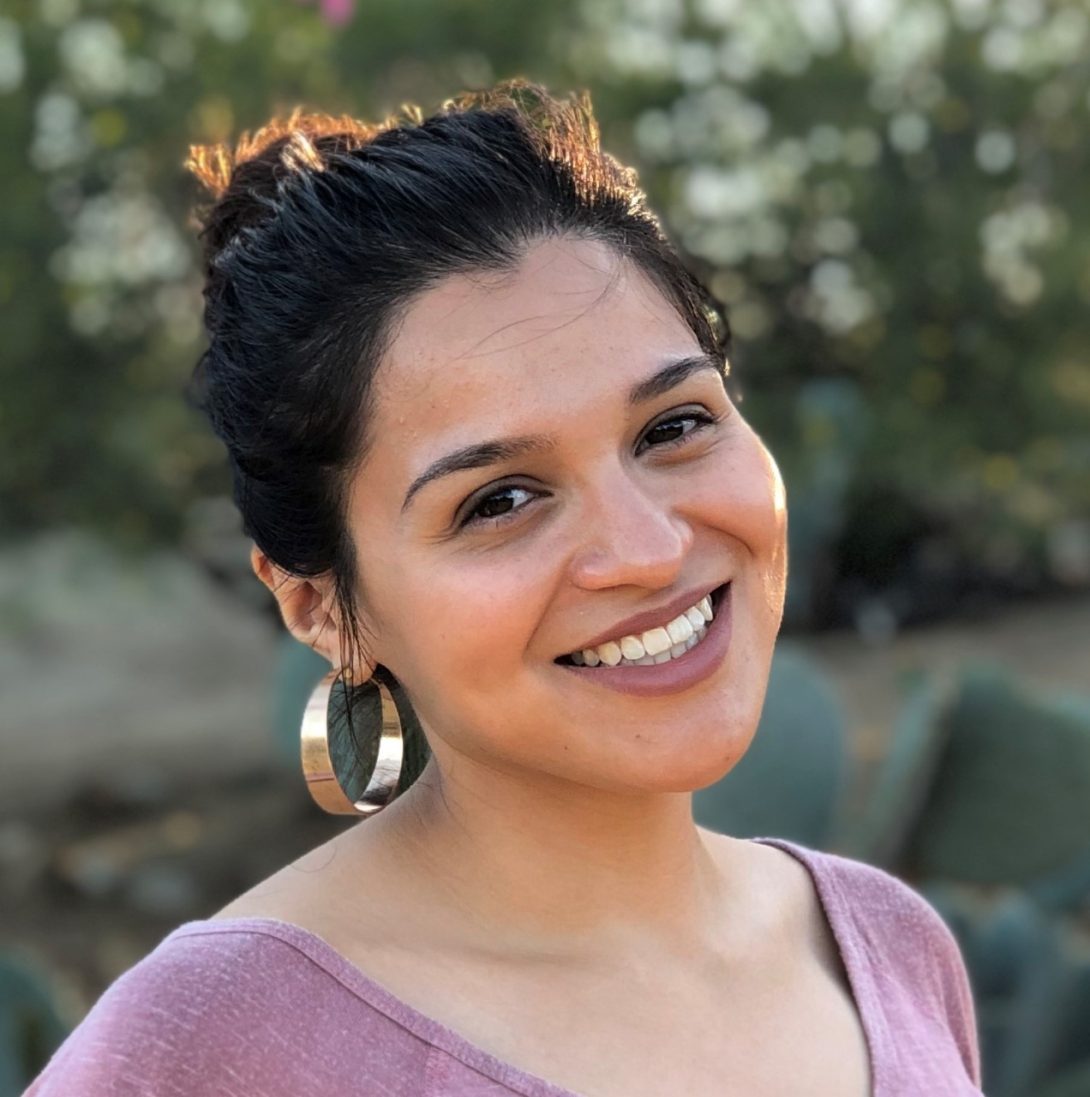
Jeannette Martinez is a second-year Ph.D. student in the art history program at The University of New Mexico. Being of the Central American diaspora greatly influenced her interests in contemporary U.S. Latinx art. While this is her area of discipline, her research interests are on migrations, transnationalisms, landscape, memory, feminisms, processes of identity, and decolonial art histories. She researches, writes, and curates on the Central American diaspora by engaging with contemporary artists that navigate it. Her main goal through academia and curatorial practices is to make known the stories of communities that have been marginalized and erased.
Jessica Martinez

Jessica Martinez is originally from San Diego, California. She received a BA in History from the University of California, Merced, and an MA in History at California State University, Stanislaus. Currently, she is a second-year Ph.D. student in the Borderlands History Department at the University of Texas at El Paso (UTEP). Her area of interest is 19th-century Chicanas and Mexicanas and their influence on the US-Mexico borderlands.
Megan Miner

Megan Miner is from Dayton, Ohio. She received a B.A. from Bowling Green State University where she studied History and Ethnic Studies and an M.A from Texas Tech University in Lubbock, Texas where she is currently a doctoral student in the History Department. Miner’s thesis, Who Will Fight for Me When I’m Gone?: the Legacy and Response to the Lynching of Mexicans in the American Borderlands, discussed the responses to lynching at a local, state, and federal level as well as the cultural impact of lynching. For her dissertation, Miner is interested in exploring the historical memory of racial violence and terrorism in the state of Texas during the late nineteenth and early twentieth centuries through a focus on the Texas Rangers. She has presented her research at both regional and national conferences.
Vanessa Moreno
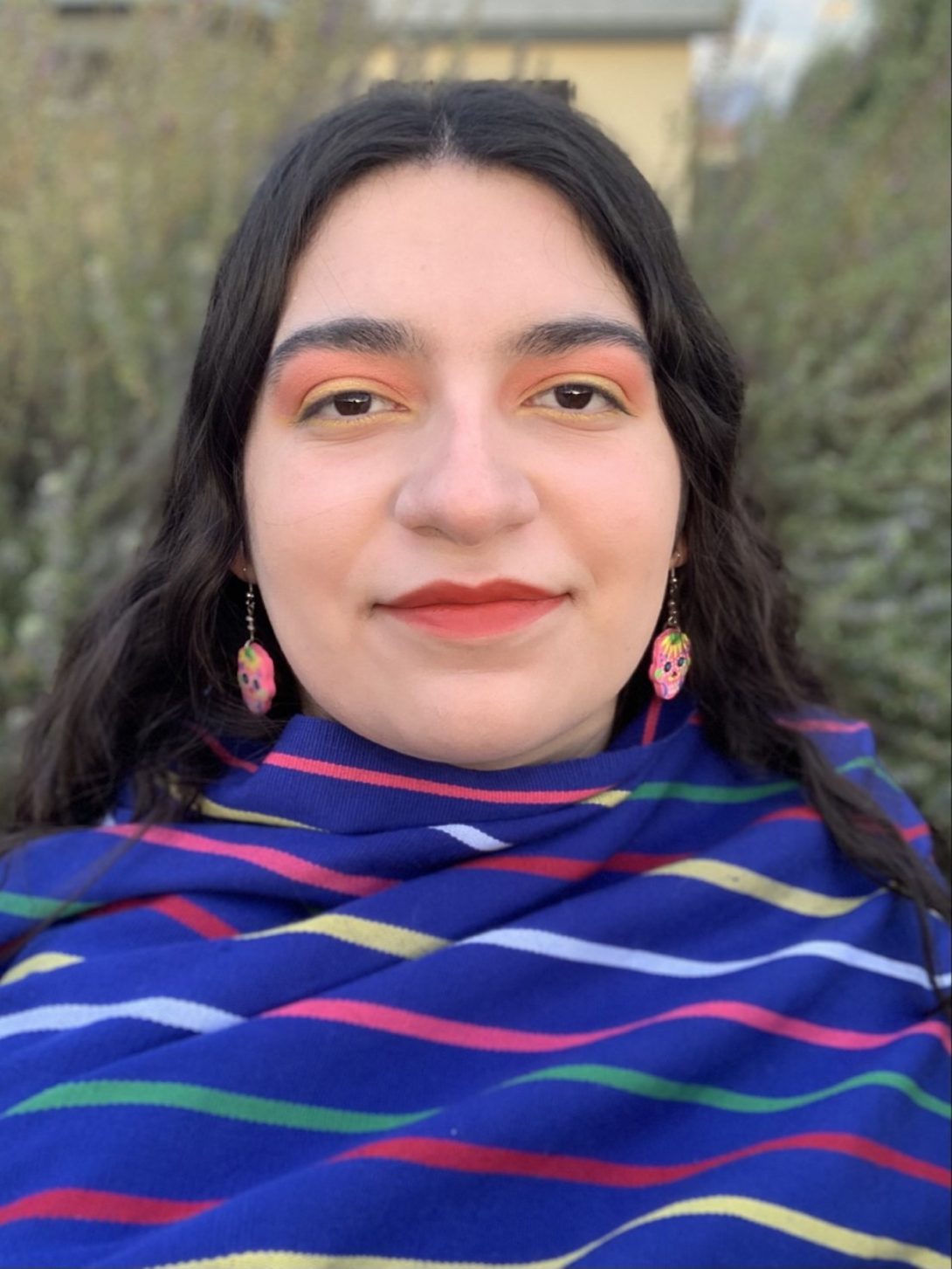
Vanessa Moreno is a Ph.D. student in the Mexican American Studies department at The University of Arizona. She is the daughter of Mexican migrants and was raised in the San Joaquín Valley (Yokuts lands) and San Francisco Bay Area (Ohlone lands) of Northern California. Vanessa is of Purépecha heritage on her paternal side, with her father originating from Aguililla, Michoacán. Her dissertation research will explore the development of transnational communities by migrants from Michoacán in Northern California, specifically the Redwood City-Aguililla transnational community. Vanessa’s research interests include Indigenous migration and diaspora, historical trauma, transnationalism, collective memory, oral history, and community-based participatory research.
Josh Newton
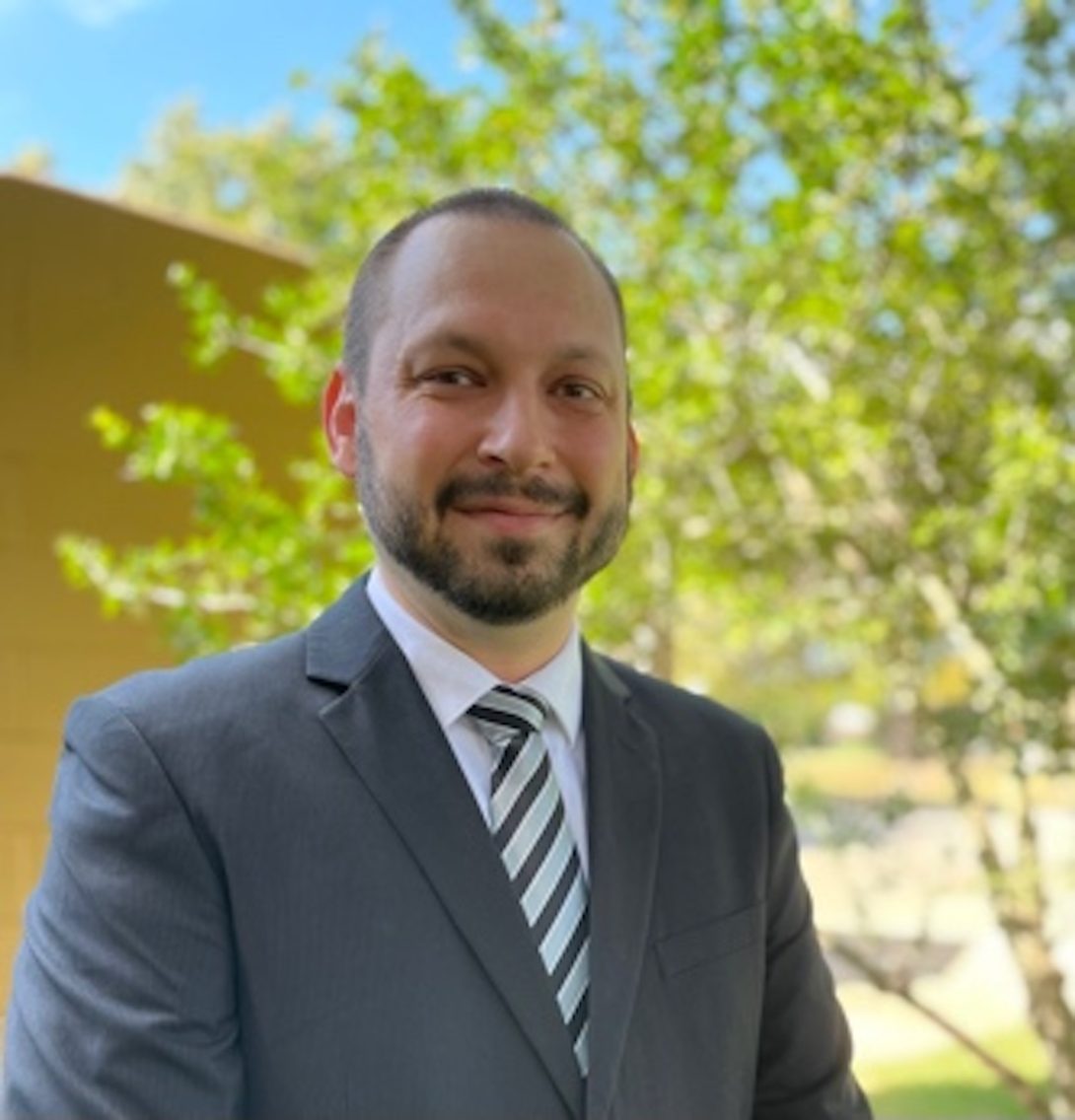
Josh Newton is an Urban Planning & Public Policy Ph.D. student in the College of Architecture, Planning, and Public Affairs at the University of Texas at Arlington. He is also an instructor in the Department of Public Affairs and Planning, a Dean’s Distinguished Assistantship Fellow, and President of the CAPPA Ph.D. Consortium. His research interests include nonprofit community development, neo-Marxist theory, race/ethnicity, gentrification, precarity under neoliberal capitalism, place-based interventions, and public participation. He is currently involved in projects on Comprehensive Community Initiative (CCI) outcomes on neighborhood stability, sustainability, and infrastructure in informal communities in the Dallas-Fort Worth Metroplex, and a transnational comparison of place-based philanthropic initiatives for social and environmental justice.
Elisa Romulo
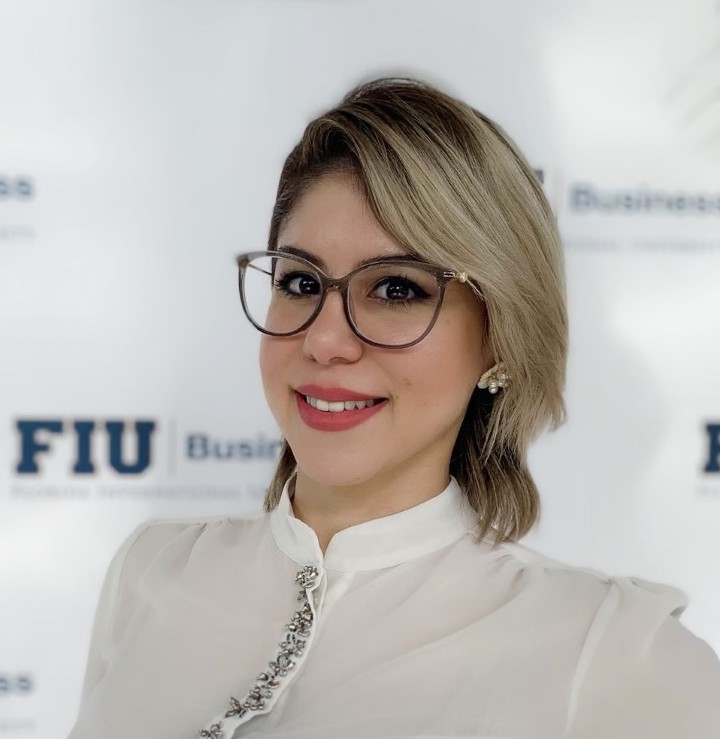
Originally from Cuba, Elisa Romulo is a Florida International University alumna with a master’s in Latin American and Caribbean Studies and Asian Studies respectively. This combination of curricula opened the doors to my current research interests and provided me with the historical foundations of the specific minorities I wish to study. My work focuses on the areas of migrations, Diasporas, and identities. Specifically, my research is centered around the application of Fernando Ortiz’s transculturation as a theoretical framework. I expand the traditional applications of the theory usually utilized in the literature to understand the incorporation of the indigenous, African and European populations into the Cuban nation, to include the national experiences of other minorities, specifically the Japanese and Okinawans in the construct of Cubanidad (Cubanness).
Sofía Salazar

Sofia E. Salazar is a Ph.D. student in the Strategic Communication Program at the University of Central Florida. She is a Graduate Teaching Associate and Executive Team Lead for the International Crisis and Risk Communication Conference (ICRCC). Her research interests are health communication and instructional crisis and risk communication, focusing on the Hispanic and Latinx communities. Sofia was born and raised in Venezuela and has been living in the United States for the past seven years.
Maria Sanchez

Maria Sanchez is a Ph.D. student in the Department of Psychological Sciences’ Counseling Psychology program and is a member of the Latinx Mental Health and Resiliency Lab at Texas Tech University. Maria received her B.A. in Psychology in 2018 from the Pennsylvania State University – University Park and her M.A. in Psychology in 2021 from Texas Tech University. Her research focuses on racism, colorism, mental health, and resiliency of AfroLatinx emerging adults. Maria provides psychological services to diverse populations in the community, medical, and university settings. She specializes in interpersonal processing and rational-cultural therapies with an emphasis on mood disorders treatments. Maria’s goal is to specialize in the provision of psychological services to underrepresented communities, such as BIPOC, first-generation college students, and individuals of low SES backgrounds.
Anibal Serrano

Anibal Serrano (he/him) is a political science doctoral student at the University of California, Irvine, and an alumnus of the California State University system. He is from South Central Los Angeles, a first-generation scholar, and a son of Mexican immigrants. His research interests include transnational gangs, drug trafficking organizations, international illicit flows, militarization, violence, and human security. His current project focuses on understanding how violence emerges and is practiced and how this impacts Latinx communities and safety in the US and Latin America. Serrano aspires to become a professor equipped with the tools necessary to support and empower students of color through his research, teaching, and mentorship.
Nico Soto

Nico Soto is a second-year doctoral student in the history department at the University of Illinois at Chicago (UIC). His research interests center around mid-20th century guestworking in the Midwest and the post-guestworking settlement experience of Mexican immigrants in different parts of the Great Lakes region. Soto grew up in Milwaukee, WI, and lived there his whole life until he attended UIC. He enjoys playing fútbol, cooking and eating vegan, and collecting and maintaining plants. When the weather permits, he loves to take his work to different area parks to try and get tasks done out in the fresh Chicago Summer.
Daniela Torres Cirina

Daniela Torres Cirina is a proud first-generation college graduate from Venezuela. She is currently a graduate student in the Second Language Acquisition and Teaching (SLAT) interdisciplinary graduate program at the University of Arizona. She earned a master’s degree in Hispanic Linguistics from the University of Arizona and a Bachelor of Arts in Hispanic Philology from the University of Barcelona. My research interests include multiliteracies, technology-enhanced language learning, and heritage language pedagogy.
Natalia Toscano

Natalia M. Toscano (she/her/ella) is a PhD student in the department of Chicana/o/x Studies at the University of New Mexico (UNM). She received her AA in Humanities and Liberal Arts from Santa Monica College and transferred to UCLA where she received her BA in Chicana/o Studies and American Indian Studies, and later received her MA in American Studies from UNM. Natalia’s research explores the influence of transnational organizing, coalition, and collaboration of transnational organizing, movements, and thoughts on Chicanx political thought and philosophy. Examining how transnational organizing has influenced and shaped Chicana/o/x communities struggle for autonomy and self-determination. She is a member of the Chicanx World Making and Futurities project (CWMF), a rasquache multi-media collaborative project thinking through notions of world making and world bridging. Currently, Natalia is collaborating on various writing and zine projects with members of the CWMP project. Natalia also supports various student advocacy and support initiatives like the New Mexico Humanities Now! Mellon Transfer Initiative supporting community college students and the El Puente Research Fellows Program to promote undergraduate research opportunities.
S. Shine Trabucco

S. Shine Trabucco is a Ph.D. student at the University of Houston studying History. She focuses on borderlands, digital humanities, and material culture. Her dissertation research is on the history of earthen architecture in San Antonio, Texas. She received an M.A. with the highest honors in Public History from St. Mary’s University and a B.A. in Anthropology from Southwestern University.
Kristian E. Vasquez

Kristian E. Vasquez (he/him) is a Ph.D. student in the Department of Chicana and Chicano Studies at UC Santa Barbara. He completed his B.A. in Chicana and Chicano Studies and American Indian Studies at UC Los Angeles in 2019 as a transfer student from Los Angeles Southwest College (2014-16) and later received his M.A. in Chicana and Chicano Studies at UC Santa Barbara in 2021. His intellectual doctoral work attends to the materialism, metaphysics, and performance of La Xicanada, specific to the post-Indigenous resurgence movements of the 1990s to unearth the decolonial horizon of Xicanx activity against what he terms “the coloniality of the wor(l)d.” Kristian works at the crossroads of decolonial theory, cultural studies, and liberation philosophies to understand affect, being/becoming, and consciousness in the narration of new realities in our capitalist civilization of death. He is a member of the Chicanx World-Making & Futurities Project where he blogs, podcasts, and creates zines to disseminate critical and radical knowledge to a broader community of readers and listeners. He is also a member of Eagle and Condor Liberation Front where he is a political education facilitator that engages with diverse communities, students, and artists to learn and dialogue on Black, Indigenous, third world/global south, and leftist literature.
Frida Sanchez Vega

Cesar Villegas

Cesar Villegas is a second-year doctoral student at the University of North Texas (UNT). He is originally from San Juan, Texas, and until recently had spent the last 20 years living in South Texas in the Rio Grande Valley. He received both bachelor’s and master’s degrees in Political Science from the University of Texas Rio Grande Valley. As a first field comparativist, second field International Relations, his research focuses on political economy and the broader impact of economic globalization on inequality. His lived experience close to Special Economic Zones along the U.S.-Mexico border drives his current interest to understand how economic globalization has impacted racial minorities close to home.